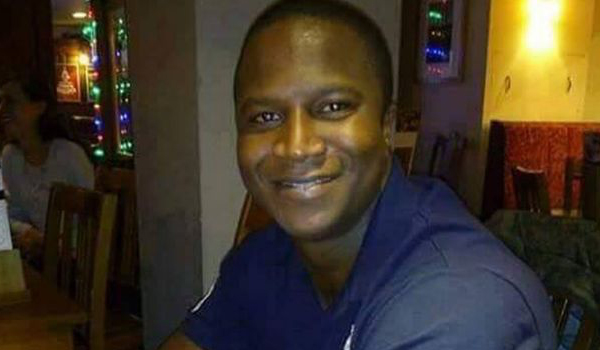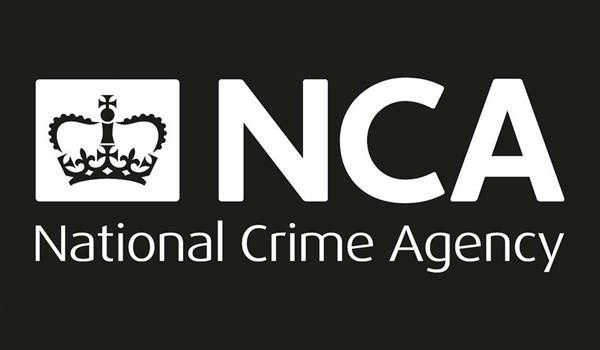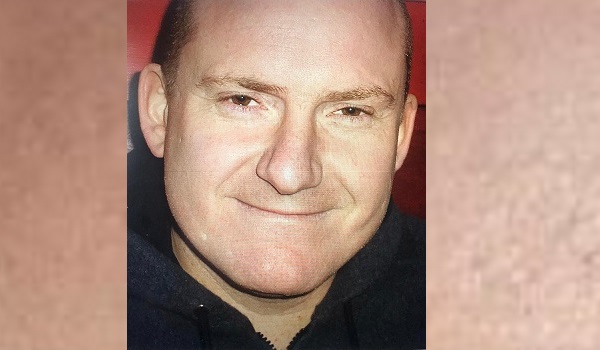New registered pilots scheme to provide innovation reassurance
Police forces across England and Wales can now seek the backing of the College of Policing to test innovative ideas in tackling crime under a new scheme.
The College Registered Pilots scheme will provide forces with research advice and quality assurance, and access to independent academic input or subject matter experts.
The scheme will support forces to implement their innovative ideas and act as a mark of reassurance to the public that a trial has legitimacy and the potential to improve policing.
Once complete, the College of Policing will share findings with other forces to help inform national practice.
Announcing the scheme at the Police Foundation conference last week, Chief Constable Mike Cunningham said: “The greatest asset we have in policing is our officers and staff, and we want them to be confident in coming forward with innovative ideas. When we have the confidence to try out new ideas, we benefit from the opportunity to learn, from both success and failure, and ultimately the knowledge we gain can help improve policing for the public.
“With this new scheme we want to help create the conditions that will allow these innovative ideas to be tested.”
The college will be writing to chief constables and points of contact over the next two weeks to encourage forces to submit ideas for inclusion in the scheme.
Ideally, they should make contact as early as possible in establishing innovation tests, to ensure any evaluation is appropriate to what they are attempting and to put in place safeguards for those pilots, Nerys Thomas, head of research for the college, explained.
However, if a force has already begun rolling out new practice, it can still be considered for inclusion.
“The evaluation needs to justify the conclusions that are being sought and the strength of statements that may be made about it,” Ms Thomas added.
Pilots do not have to include a randomised control trial, for example, but if claiming a causal impact then an evaluation would need to correctly determine what would have happened if the intervention had not been put in place. That could be through natural experiments or having an appropriate group to compare results against.
The college hopes to be able to show whether what is being implemented, particularly in high-risk and high cost areas of policing, achieves its intended outcomes.
Ms Thomas said the results of the scheme’s pilots will be shared on the college’s research map, then any learning will be disseminated to forces through various channels and media.







